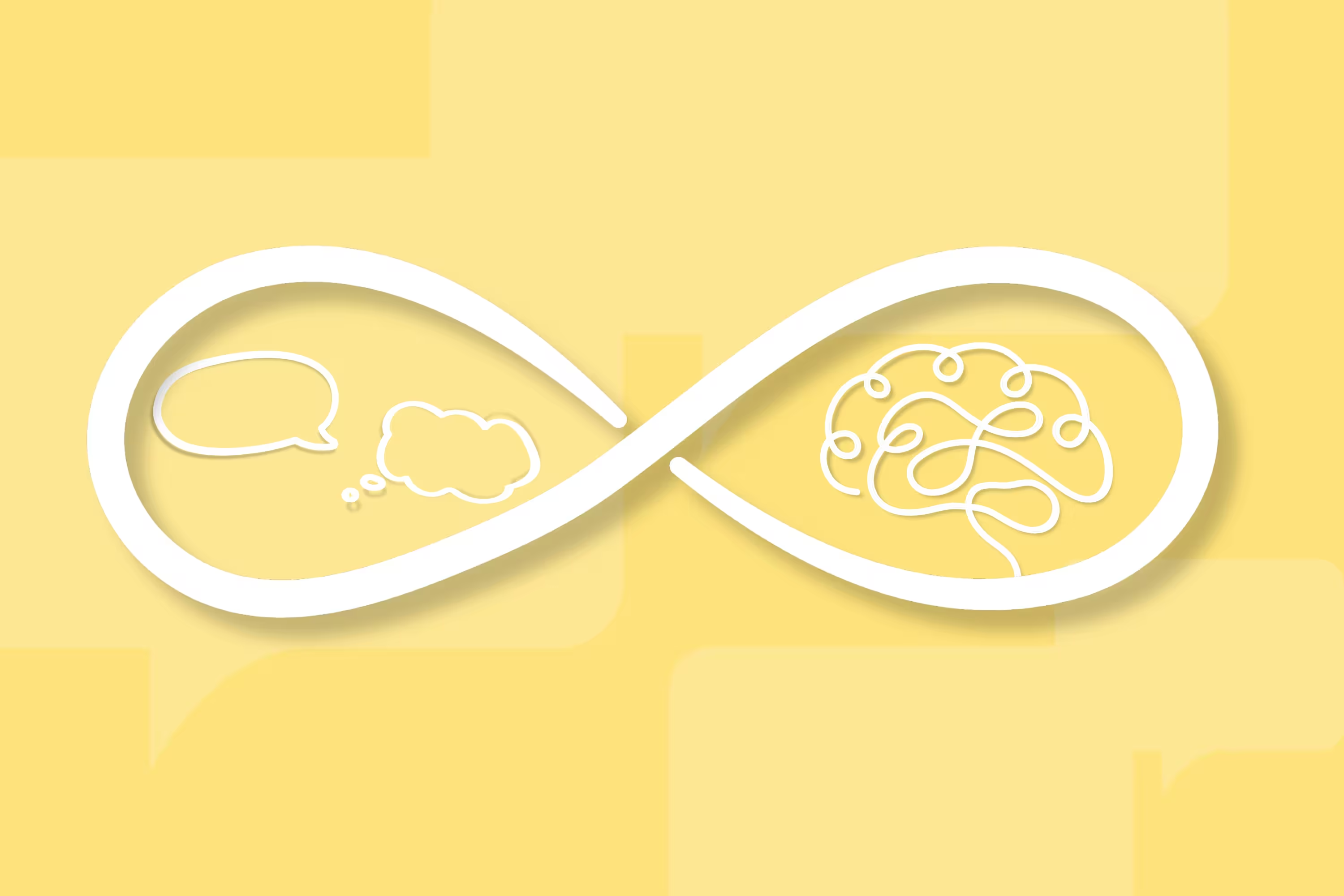In this course, Dr. Nichole Mulvey, PhD, CCC-SLP, will highlight specific behavioral observations and communication skill differences that may indicate ASD in young children. You’ll gain practical tools and resources to help you recognize developmental differences, understand overlapping characteristics of other neurodevelopmental disorders, and know when additional referrals are needed.
Because many children with ASD are first referred to speech-language services for communication delays, SLPs are uniquely positioned to support families in navigating this journey. This course will give you the insight and confidence to engage in thoughtful conversations with families, address stigma with compassion, and strengthen your role in early intervention.




















